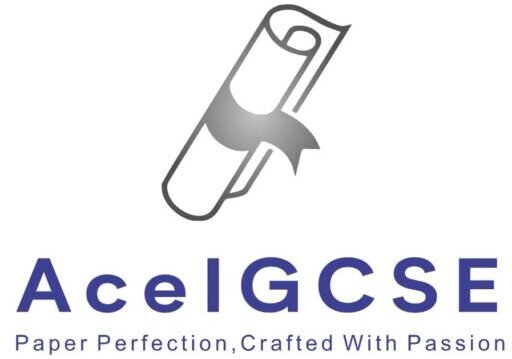The Importance of IGCSE Past Papers and Solutions
In the realm of IGCSE exam preparation, past papers hold a pivotal role. Engaging with past papers allows students to familiarize themselves with the exam format, ensuring they are well-prepared for the structure and style of questions they might encounter. This familiarity can significantly reduce anxiety and heighten confidence levels, as students know what to expect when they sit for the actual exam.
Moreover, past papers are a treasure trove for identifying common question types and themes recurrent in the exams. By analyzing these papers, students can detect patterns and trends, which can guide their revision strategies. This targeted approach to studying ensures that learners can focus on areas that are frequently tested, optimizing their preparation time and efforts.
Beyond understanding the format and common questions, past papers are instrumental in assessing a student’s knowledge and exam readiness. By simulating exam conditions and answering past questions, students can gauge their proficiency in various subjects, identifying areas of strength and pinpointing topics that require further attention. This self-assessment is crucial for effective and efficient study planning.
Solutions to past papers serve as an invaluable resource in the learning process. They provide detailed explanations and methodologies for arriving at the correct answers, guiding students through the rationale behind each solution. This step-by-step guidance helps learners understand their mistakes, comprehend complex concepts, and improve their problem-solving skills. Consequently, students can refine their techniques and approach questions more strategically in future attempts.
Practicing past papers under timed conditions is another indispensable aspect of exam preparation. This practice helps students build their exam stamina, allowing them to manage their time effectively during the actual test. Regular timed practice can lead to significant improvements in speed and accuracy, ensuring that students can complete all sections of the exam within the allotted time, thus boosting their overall performance and confidence.
Topic-Wise Question and Answer Breakdown for Targeted Learning
One of the most effective strategies for mastering IGCSE examinations is organizing questions and answers by topic. This method allows students to focus on specific areas where they may have weaknesses, thereby reinforcing their understanding of key concepts. By tackling questions within the same thematic area, students can identify patterns in the questions and develop a deeper comprehension of the subject matter. This targeted practice not only bolsters confidence but also ensures that no topic is left unaddressed.
To maximize the benefits of topic-wise question analysis, students should create a structured revision plan. This plan should segment the IGCSE syllabus into manageable portions, allowing for systematic study sessions. By allocating designated time slots to each topic, students can ensure comprehensive coverage of the entire syllabus. This structured approach minimizes the risk of overlooking critical areas and promotes a balanced review of all topics.
Tracking progress over time is another crucial element of effective study. Utilizing topic-wise questions and solutions enables students to monitor their improvement in specific areas. By regularly assessing performance on these questions, students can make data-driven decisions about where to allocate their study efforts. For instance, if a student consistently struggles with a particular topic, they can dedicate more time to revisiting that section, ensuring a more focused and efficient study process.
Moreover, topic-wise question breakdowns aid in identifying recurring themes and frequently tested concepts within the IGCSE exams. Students can use this information to prioritize their revision, concentrating on high-yield topics that are likely to appear in the examination. This strategic approach not only optimizes study time but also enhances the overall effectiveness of revision efforts.
In conclusion, organizing IGCSE questions and answers by topic is an indispensable method for targeted learning. It allows students to address their areas of weakness, create a structured revision plan, and make informed decisions about their study strategies. By integrating these practices into their study routines, students can achieve a more thorough understanding of the syllabus and improve their performance in the IGCSE exams.
